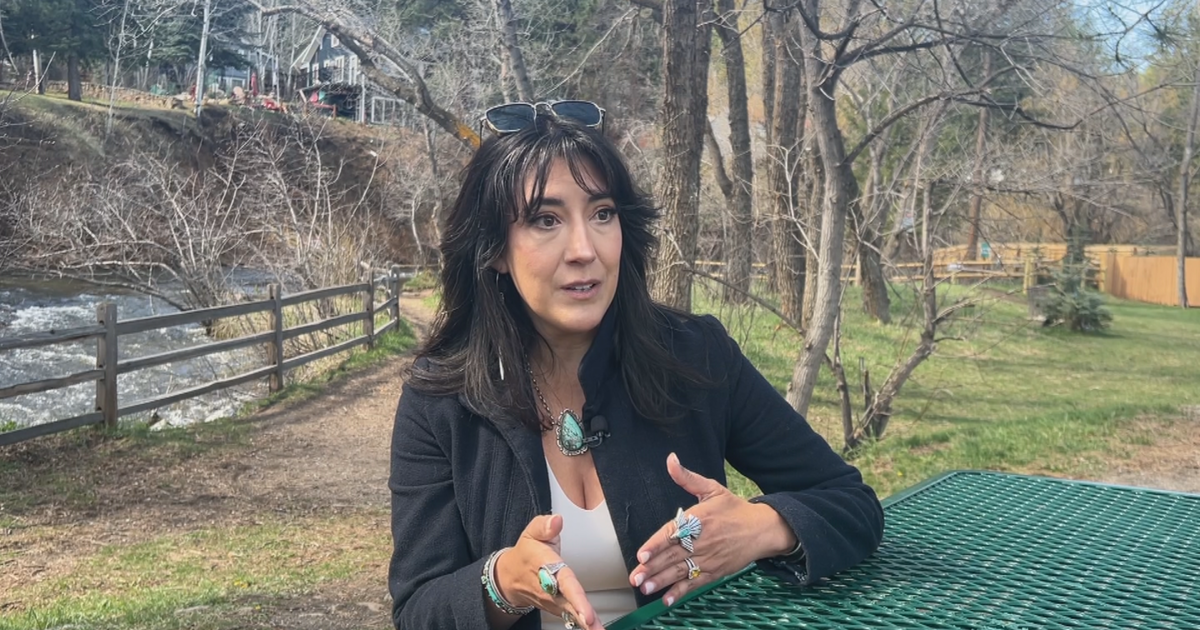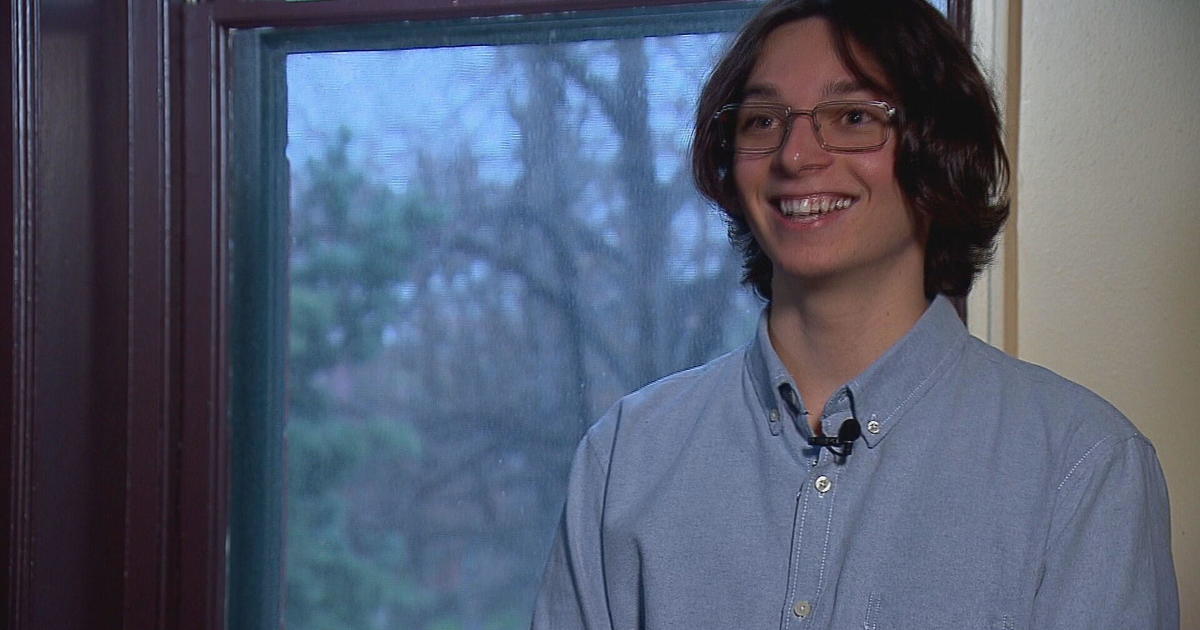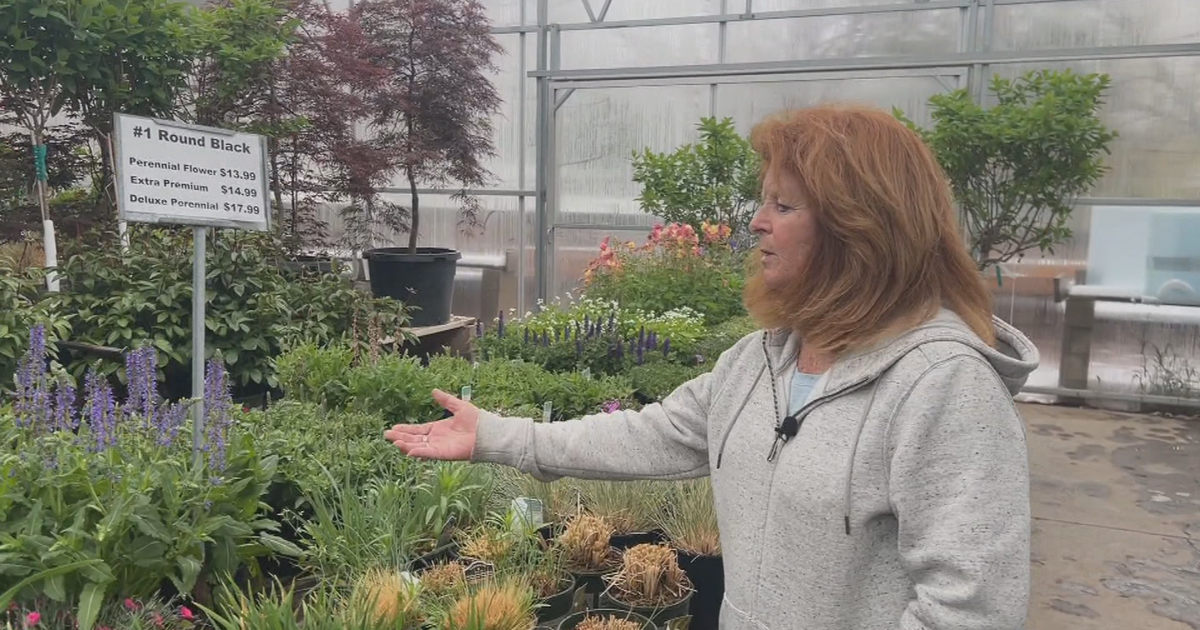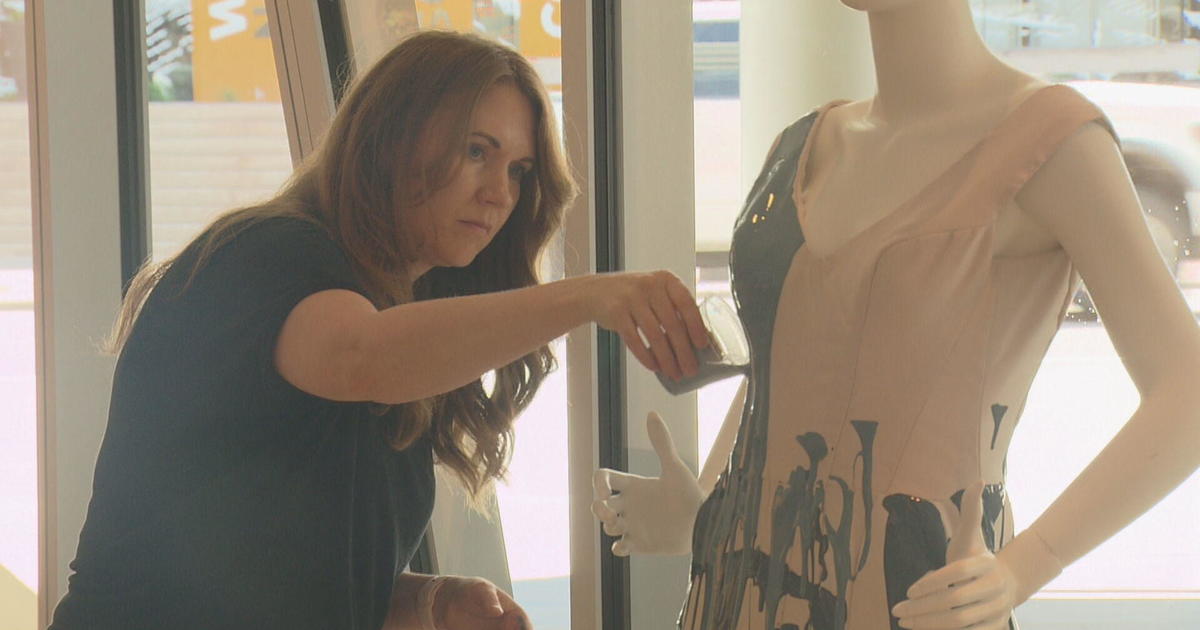COVID In Colorado: What The Future Could Hold In Colorado
(CBS4) - The arrival of a mutated strain of COVID-19 in Colorado has raised questions about immunity, vaccines and the coronavirus outlook for the coming months. CBS4 Medical Editor Dr. Dave Hnida discussed those concerns on CBSN Denver this week. He said it was possible patients who had the original SARS-CoV-2 strain could get infections from the more contagious B.1.1.7 variant.
"We do not know how long your natural immunity last after having the the non-mutated strain of COVID," he explained. "Now we have the new question of what is going to be the deal with the new strain coming in?"
"That is why we are still continuing to emphasize the fact that whether you've had COVID in the past or not, you still need to follow the guidelines and recommendations of wearing a mask, practicing social distancing and making sure you still get a vaccine, even if you've already had COVID."
Experts have said they do believe the current vaccines will protect against the new variant.
Hnida said there is concern about coronavirus numbers in the coming months because we are still in winter, which means more time indoors.
He also said the rollout of the vaccine has not gone as efficiently as most had hoped.
"Having said that, many public health officials are optimistic," Hnida said. "We really think in the months to come, things will look better."
"I think there is going to be a change in how programs are working together. The states can't do it by themselves, the federal government cannot do it by itself. I think there's going to be more cooperation."
"I think you're going to see the Defense Production Act signed in order to accelerate the availability of testing, PPE, materials and supplies needed to give vaccines."
Hnida said he believes we'll see mobile testing and vaccination units to expand the number of people getting the vaccine. That could include using reserves from the Army Corps of Engineers.
"I think we really need to kick into a 24/7 vaccination mode. At this point in time, this is truly a public health emergency."
Hnida said he thinks the infection rates will go up but at the same time vaccination rates will go up until you see the lines intersect and the number of cases drop.



